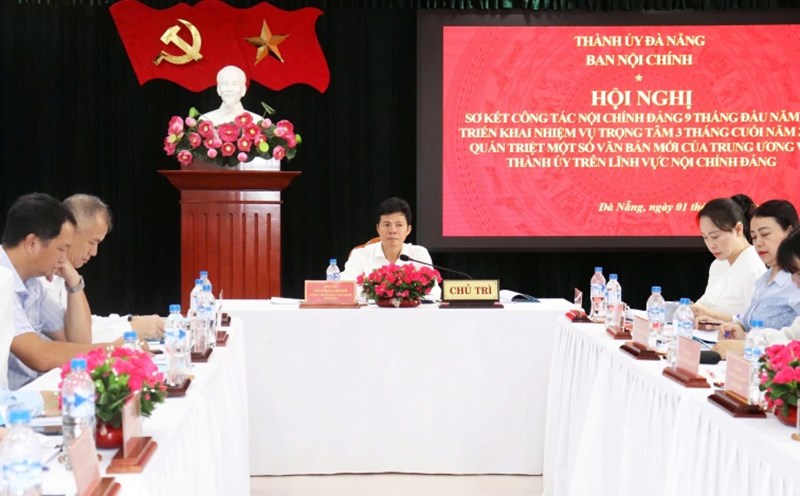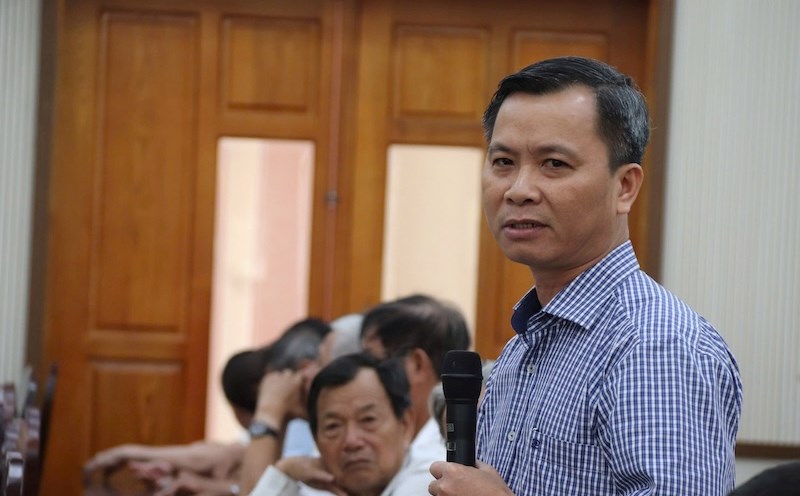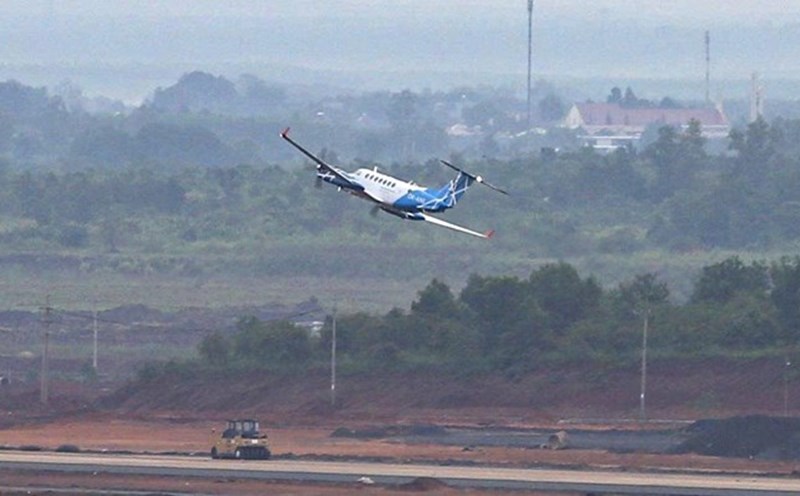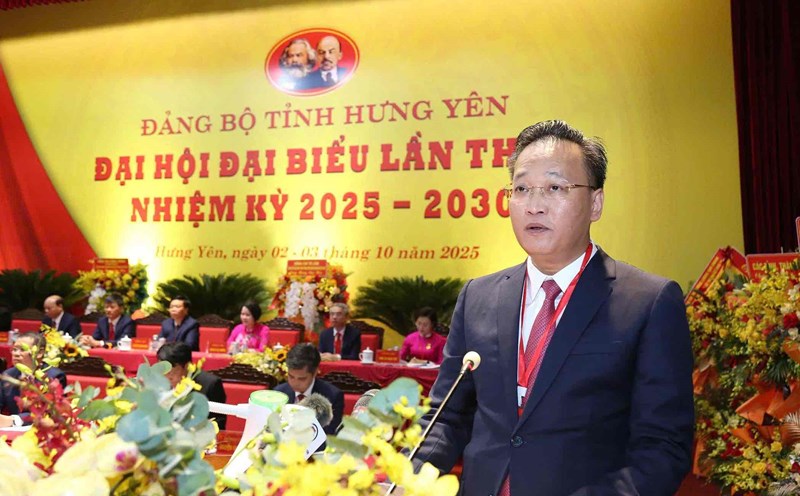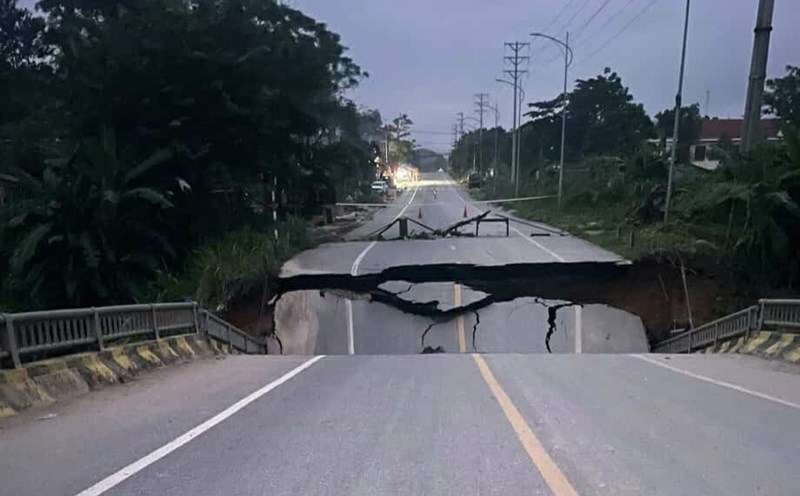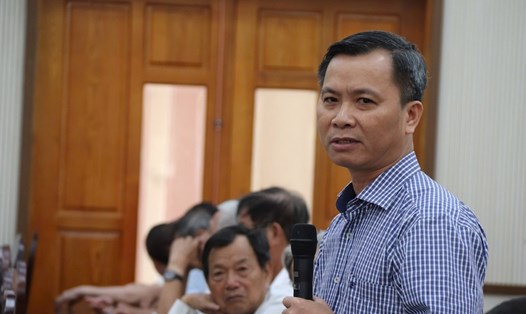On the morning of October 3, the National Assembly Delegation of Da Nang City had a meeting with voters of Hai Chau, Hoa Cuong, Son Tra, An Hai, Thanh Khe wards.
At the meeting, Mr. Nguyen Duy Minh, Deputy Head of the City National Assembly Delegation, reported on the contents expected to be submitted at the 10th session of the National Assembly.
The meeting had 9 voters register to speak on issues: natural disaster prevention, transport infrastructure, tax inadequacies, policies for fishermen, social housing, and difficulties in implementing local government at 2 levels.
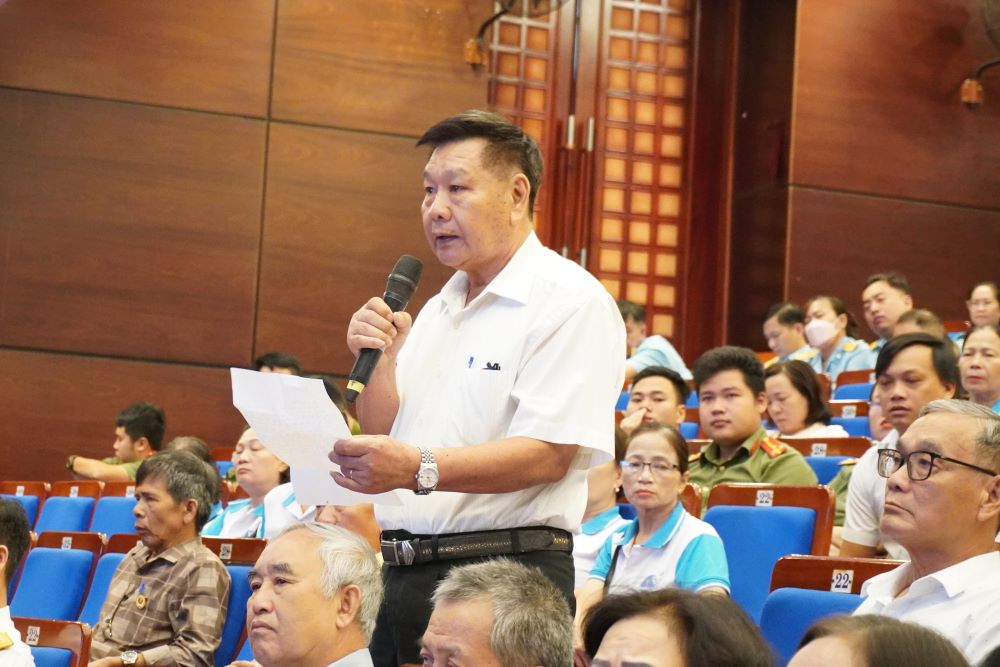
Voter Vu Tien Dung (Group 20, Hai Chau Ward) shared that in recent times, the commune and ward authorities have been operating more and more effectively, close to the people and near the people. However, it is necessary to continue training a young force with in-depth expertise to meet the requirements of work in communes and wards; at the same time, mobilize city cadres to communes and wards to support in professional fields. In addition, there are 7 working locations across the ward, suggesting that the city study to have a centralized working plan, contributing to solving administrative procedures faster, more compactly and more conveniently.
Voter Cao Van Minh (Son Tra ward) commented on policies and regulations for fishermen after merging into the new city of Da Nang. According to voters, previously, Da Nang City and the old Quang Nam Province had different regulations on support documents for fishermen according to Decision 48 of the Prime Minister. After the merger, the issuance of a General Regulation became a necessary issue for fishermen to feel secure in sticking to the sea, producing and participating in the work of protecting the sovereignty of the sea and islands.
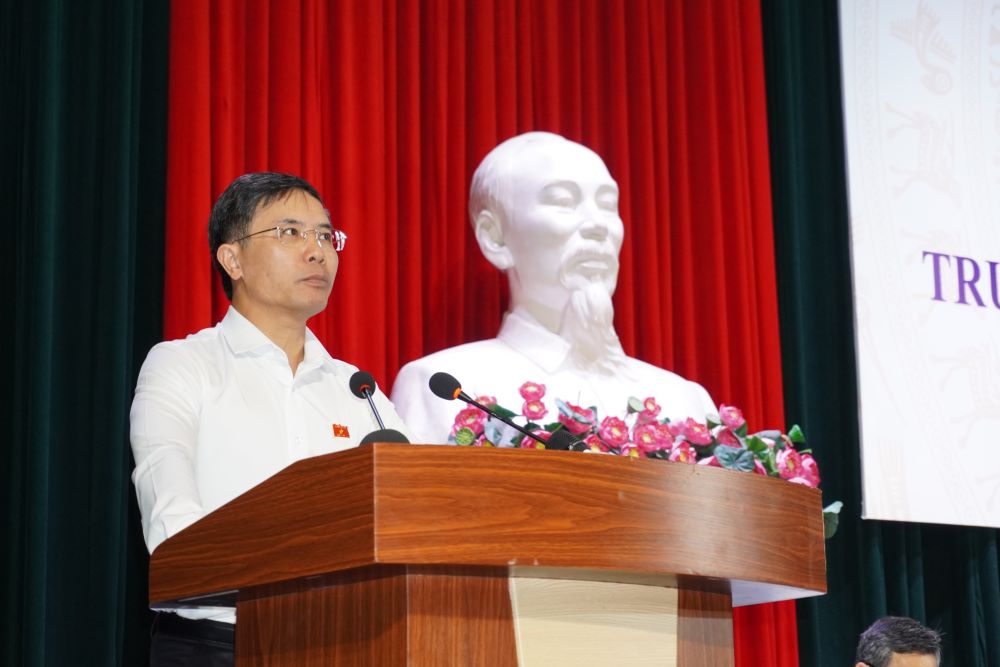
Speaking at the conference, Mr. Pham Duc An - Chairman of the People's Committee of Da Nang City said that at the conference, voters raised many opinions revolving around the activities of the National Assembly, the issue of social housing, real estate price control, training and allocation of cadres, infrastructure, tax, natural disaster prevention, urban transport and fisheries.
According to Mr. An, regarding real estate and social housing, the city is implementing the construction of social housing for low-income people, while studying the mechanism for developing rental housing. Real estate price control is of particular interest to the Party and State, the National Assembly will continue to discuss solutions.
Regarding seafood, many issues related to regulations, traceability labels and compliance with illegal fishing (IUU) will be coordinated by the Department of Agriculture and Rural Development to resolve, contributing to removing the EU's "yellow card".
Regarding infrastructure and transportation, the city will strengthen monitoring of construction quality, reduce inconvenience in construction, strictly handle violations of order, and propagate to raise awareness of traffic law compliance.
Notably, regarding the organization of cadres, the city is reviewing, mobilizing and training human resources in accordance with the two-level government model, ensuring a close apparatus to the people, close to the people, handling work quickly, avoiding delays.
According to Mr. An, in the process of human resource allocation, there are still places where the professional staff have not really met the best requirements. In the coming time, the city will specifically assess the requirements and tasks of each management sector to meet the requirements of people and businesses.
"The spirit of the two-level government model is to be close to the people, close to the people and solve work quickly. If somewhere the work is still long and slow, then one is due to the staff's lack of responsibility, the other is due to capacity. The city will monitor, supervise and have solutions to these problems in the coming time, while also accepting voters' opinions to promptly overcome them," Mr. An emphasized.

